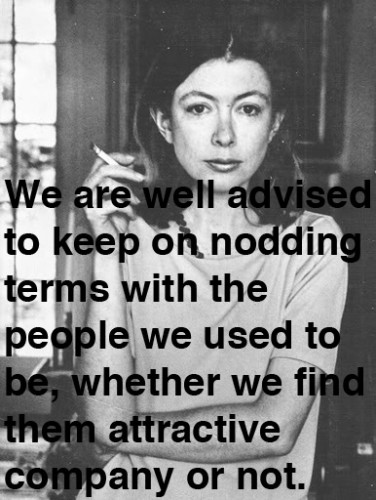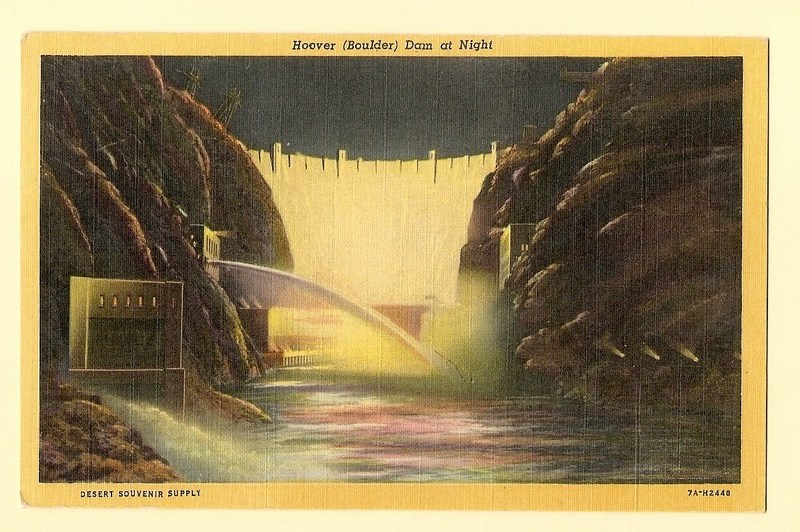“I’m so thankful the internet was not in wide use when I was in high school”, this article begins, a common refrain among people who grew up without social media sites from Friendster to Facebook, Photobucket to Instagram. Even those using email, chatrooms, Livejournal, multiplayer games and the like did not have the full-on use-your-real-name-ultra-public Facebook-like experience.
Behind many of the “thank God I didn’t have Facebook back then!” statements is the worry that a less-refined past-self would be exposed to current, different, perhaps hipper or more professional networks. Silly music tastes, less-informed political statements, embarrassing photos of the 15-year-old you: digital dirt from long ago would threaten to debase today’s impeccably curated identity project. The discomfort of having past indiscretions in the full light of the present generates the knee-jerk thankfulness of not having high-school digital dirt to manage. The sentiment is almost common enough to be a truism within some groups, but I wonder if we should continue saying it so nonchalantly?
“Glad we didn’t have Facebook then!” isn’t always wrong, but the statement makes at least two very arguable suppositions and it also carries the implicit belief that identity-change is something that should be hidden, reinforcing the stigma that generates the phrase to begin with. more...




